New authors welcome!
We accept submissions to Hungarian Conservative. Don’t hesitate to share your writing with us if you believe it aligns with Hungarian Conservative’s character.
Original manuscripts should be sent to [email protected].
Please note that we cannot guarantee the publication of submitted manuscripts—if we find your submission noteworthy, we will surely get in touch.

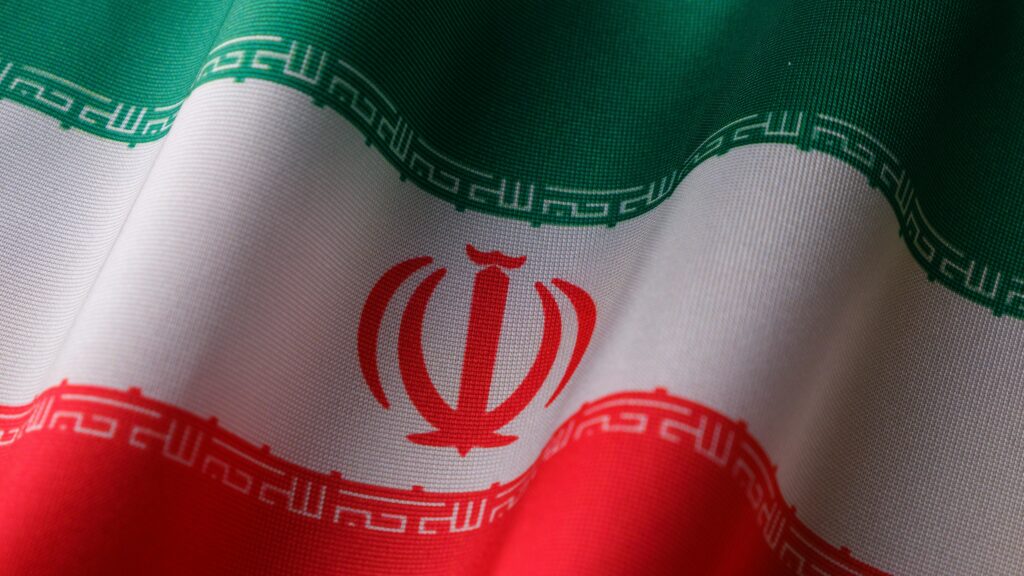
‘So long as Hungarian voters understand the magnitude of the problems facing their country, they will no doubt see the wisdom of entrusting leadership to experienced managers like Fidesz rather than amateur upstarts like Tisza, who have already shown themselves willing to allow the Druzhba pipeline to be weaponized simply to win an election.’
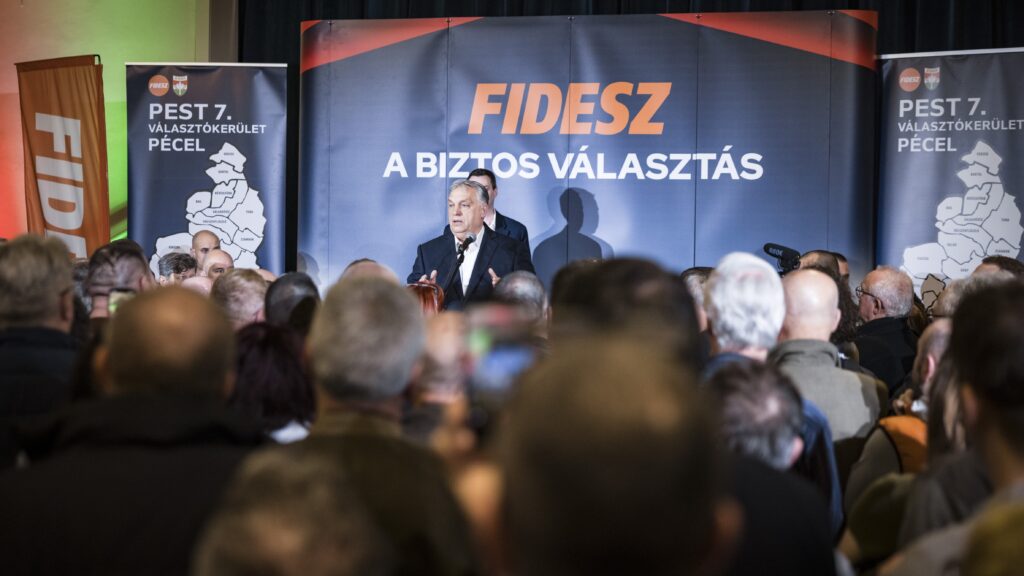
Balázs Orbán, political director to Prime Minister Viktor Orbán, said the first week of Hungary’s election campaign took place amid an alleged Ukrainian oil blockade and rising Middle East tensions, while claiming Fidesz had taken an early lead in signatures and polling.

Hungarian authorities have confirmed that the tax office is investigating suspicious business dealings linked to a former company of Márk Radnai, vice president of the Tisza Party, following a complaint alleging fraud, fictitious invoices and the use of homeless intermediaries.
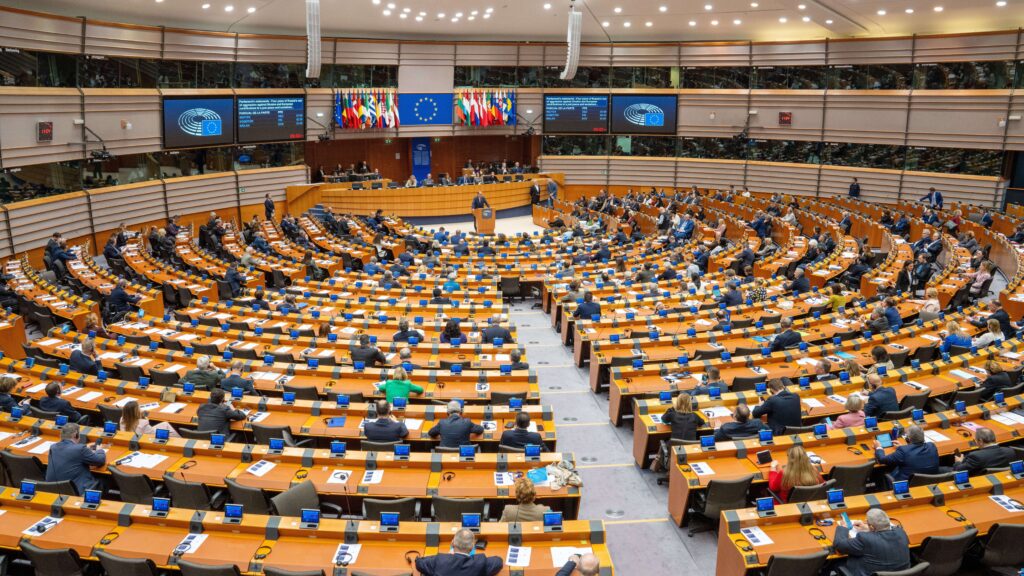
A Brussels meeting saw a heated debate over whether Hungary could link EU legislation for a 90 billion euro Ukraine loan package to the reopening of the Druzhba oil pipeline, highlighting tensions over energy security and EU policy.
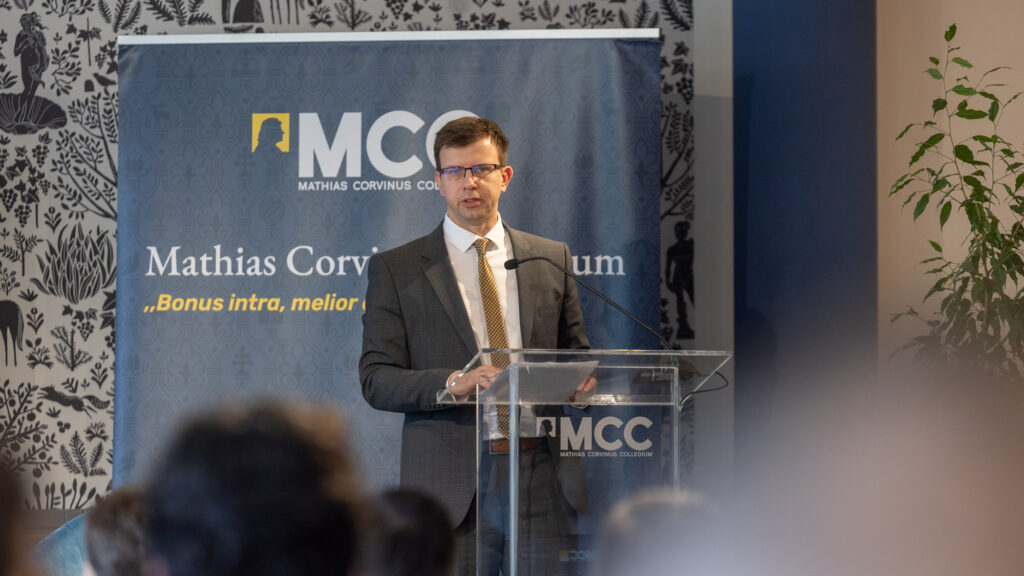
At an MCC event in Budapest, a lineup of distinguished speakers—featuring Minister for EU Affairs János Bóka of Hungary—criticized the Court of Justice of the European Union for overstepping its authority and advancing ideological agendas. Panellists and speakers warned that the Court’s expanding role risks undermining national sovereignty and reshaping Europe’s legal order.
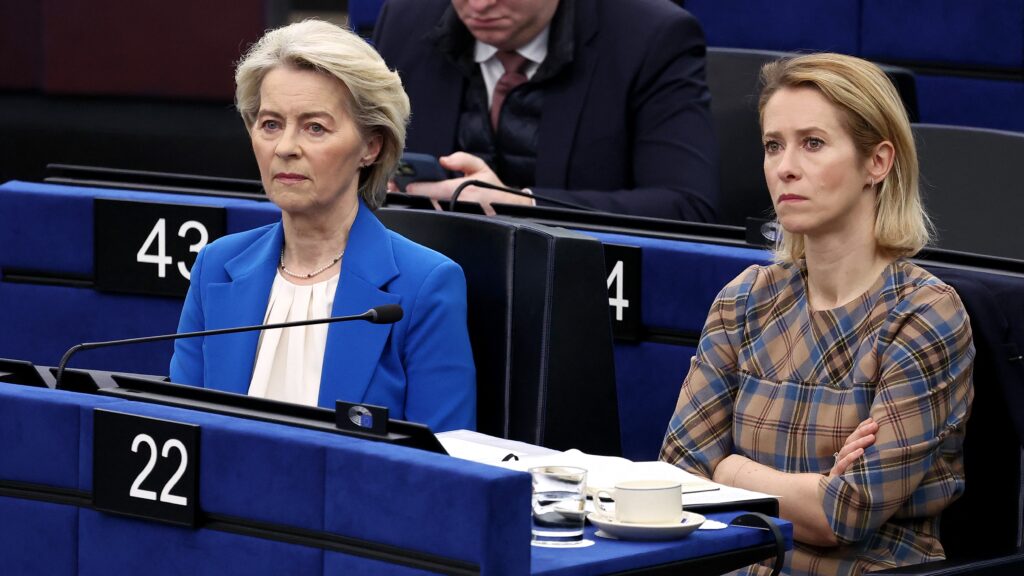
‘While the European Commission’s power grab is often romanticized as a way to enhance the EU’s capacity to respond to crises, in reality it represents a form of centralization that undermines Member States’ competences and weakens democracy.’